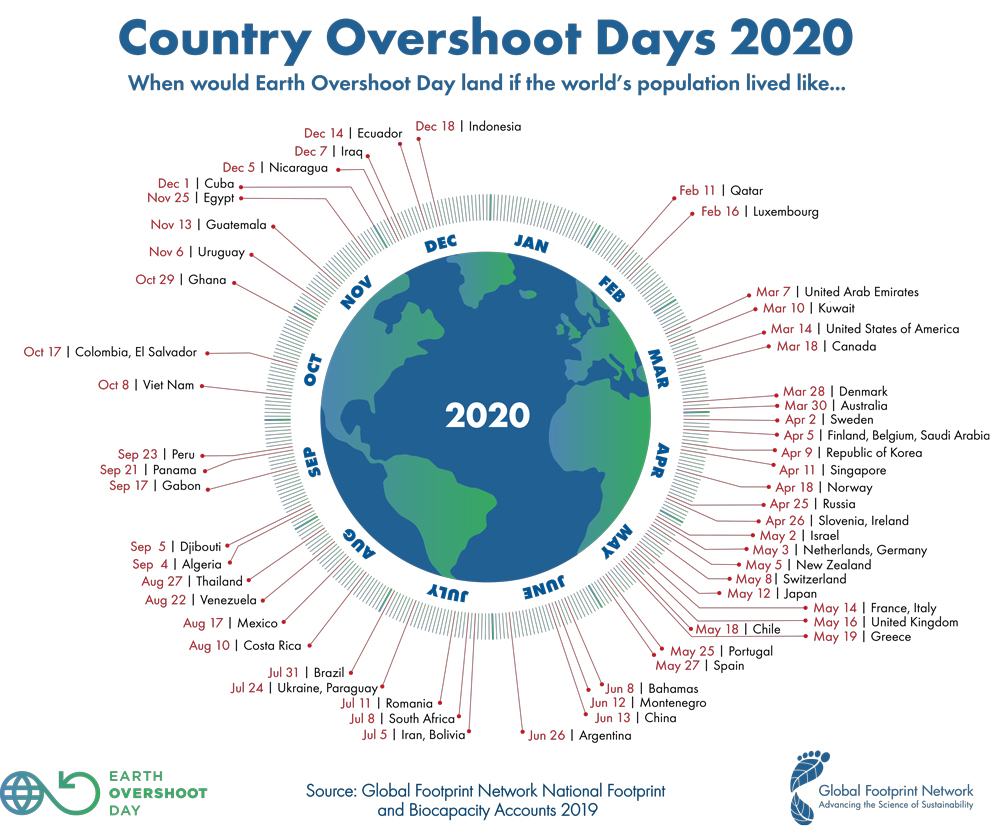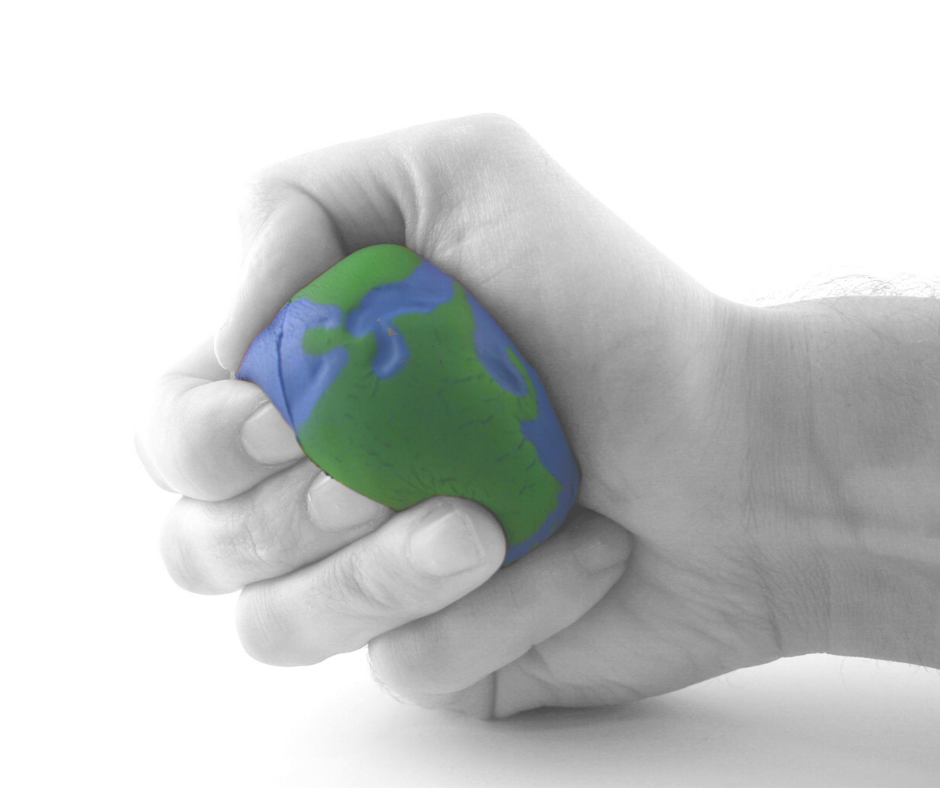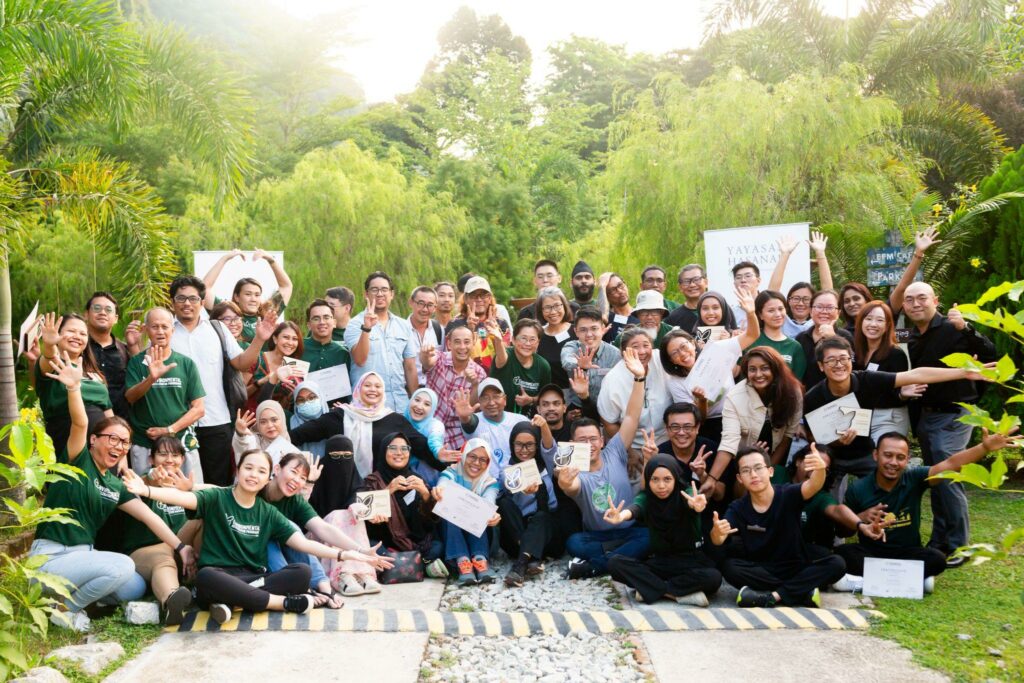For some of us, August 22 might have felt just like an ordinary Saturday.
For others, we may have seen August 22 as the global Earth Overshoot Day in 2020, circulated throughout the media with messages to #MovetheDate.
What is Earth Overshoot Day?
According to the Global Footprint Network, Earth Overshoot Day marks the date when humanity has exhausted nature’s budget for the year.
Hence, for the rest of the year, we will be maintaining our ecological deficit by drawing down local resource stocks and accumulating carbon dioxide in the atmosphere.
In other words, after August 22, we will have drained our environmental “savings” and now we are putting everything on the credit card.
We find this comparison to money surprisingly accurate because you can always spend more than what you earn, but not forever.
What Does This Mean?
Earth Overshoot Day means that we need 1.6 planets more to support humanity’s demand on Earth’s ecosystems.
According to LiveScience, many scientists agree that Earth’s maximum carrying capacity is at about 9 billion to 10 billion people. Moreover, there are constraints on the amount of food and resources available to support everyone on the planet, apart from the limited availability of freshwater.
1.6 planets may not seem much at first glance, but imagine our current Earth, which holds 7.59 billion people (as of 2018).
Our levels of consumption and waste surmount to 1.6 planets a year.
This year, Earth Overshoot Day was later than in previous years after accounting for the pandemic that hit the globe – the novel coronavirus has caused a temporary decline in emissions and wood harvesting. In 2019, Earth Overshoot Day was July 29th.
How is Earth Overshoot Day calculated?
In calculating for Earth Overshoot Day, the Global Footprint Network calculates the number of days that Earth’s biocapacity can provide for humanity’s Ecological Footprint. From the analysis, impacts from the novel coronavirus showed a 9.3% reduction in the global Ecological Footprint compared to the same period last year.
It is also worth noting that the decline is not by design, but by way of disaster.
Earth Overshoot Day signals an obvious problem to our growing population. Is there insufficient resources to go around, or is it poor management and distribution?
As August 22 was the global overshoot day, it does vary by country as each country begins its ecological debt at different times. For Malaysia, our Earth Overshoot Day fell on June 1, 2020.
Check out a comprehensive visual from Earth Overshoot Day that illustrates the different overshoot days of countries in 2020.

How can we #MoveTheDate?
At Biji-biji Initiative, we believe one of the solutions to this is a circular economy instead of the rampant throwaway culture that dominates our current lifestyles.
This is why we are proud to have Beyond Bins in championing our efforts in pushing for sustainable development and a circular economy.
With Beyond Bins, we strive for a circular economy that reimagines waste as something valued to create remarkable products. In the process, the underprivileged communities benefit from alternative sources of income while adapting to sustainable changes in their lifestyle.
However, we also believe that more can be done at the individual level.
It may feel disappointing to know that we have passed Earth Overshoot Day. However, trust that there are still opportunities for us to change our ways and reduce our impact on the planet to #MoveTheDate.
For instance, switching to a diet with reduced meat, buying local, decarbonizing energy sources, implementing smarter cities, and restoring our ecosystem for a healthier living condition.
The key lies in conscious awareness of our impact and proactive actions to reduce our footprint.
For a comprehensive list, visit Earth Overshoot Day to learn more! To explore a wealth of existing solutions and knowledge in #MovingTheDate, check out this interactive map.
What are you doing today to #MoveTheDate?






